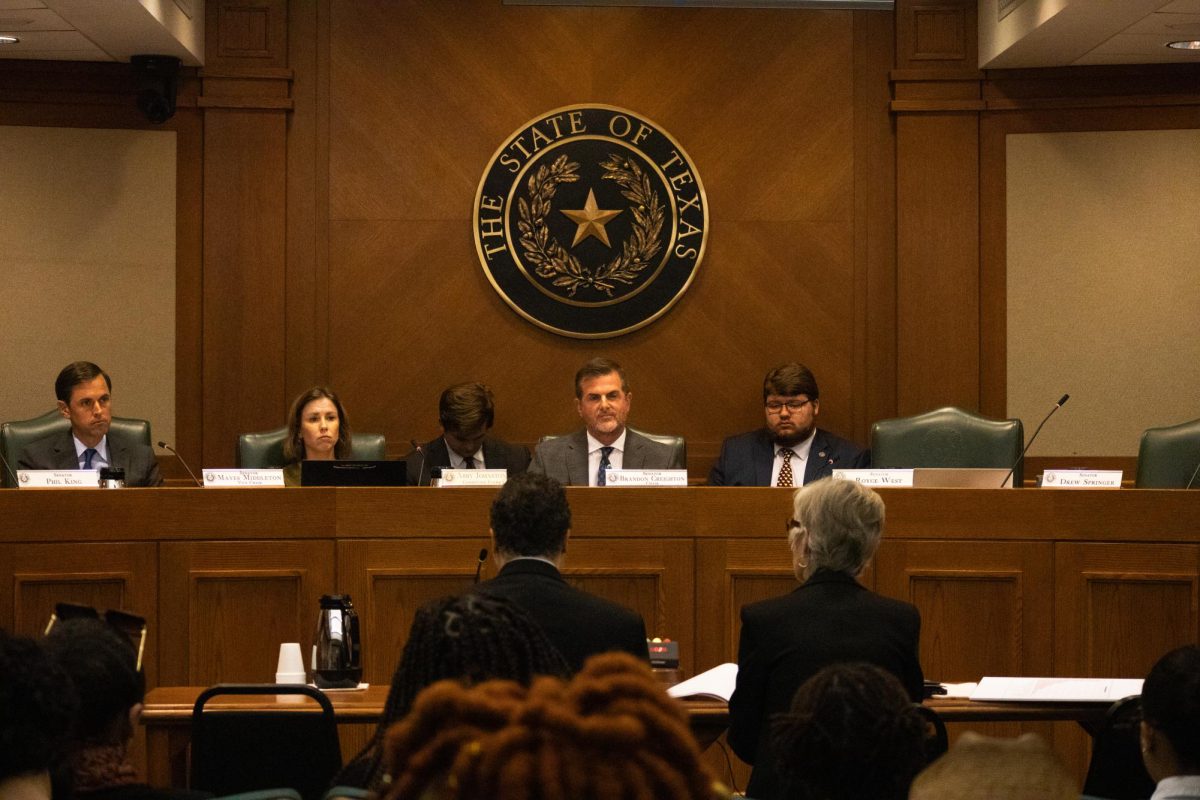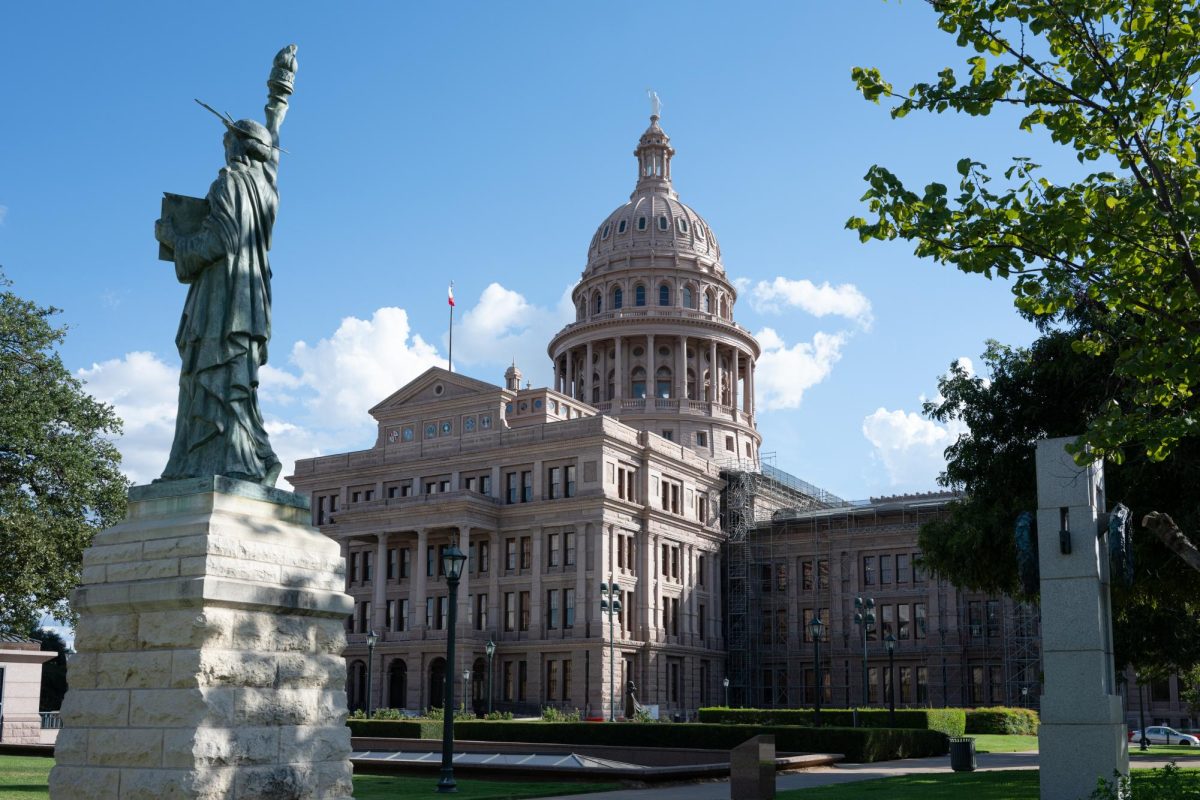A federal judge ruled on Friday against a case that would have stopped recipients of the Deferred Action for Childhood Arrivals program from renewing their enrollment.
In his ruling, U.S. District Judge Andrew Hanen of the Southern District of Texas declined to issue an injunction against DACA, which protects more than 700,000 children of undocumented immigrants from being deported, because the lawsuit was brought six years after the law was created by President Obama in 2012.
“Here, the egg has been scrambled,” Hanen wrote in his ruling. “To try to put it back in the shell with only a preliminary injunction record, and perhaps at great risk to many, does not make sense nor serve the best interests of this country.”
The lawsuit, filed by Texas and six other states May 2018, argued that DACA was causing irreparable harm to their healthcare and job markets and that Obama exceeded his constitutional authority when creating the law.
“President Obama used DACA to rewrite federal law without congressional approval,” Attorney General Ken Paxton said in a statement. “The debate over DACA as policy is a question for lawmakers, and any solution must come from Congress, as the Constitution requires.”
The Trump administration announced their plans Sept. 5, 2017 to stop accepting applications for DACA protections. Since then, federal judges in California and New York have both issued nationwide injunctions ordering Trump to keep the law in place.
Leslie Tufino, an undocumented immigrant and social work senior, said she is relieved that DACA will continue, especially because the status of DACA has already been threatened multiple times this year.
“DACA has been around since 2012,” Tufino said. “It’s been so long, and now politicians are attempting to say that it is illegal, but I don’t believe there’s anything illegal about it. It’s kind of ironic to, six years later, try to use the argument that it is illegal.”
Hanen ruled in 2014 that Deferred Action for Parents of Americans, a similar program created by Obama for undocumented parents, was illegal. Despite not issuing an injunction in his most recent ruling, Hanen echoed his 2014 ruling by saying he agreed with the states that DACA was beyond the President’s authority to create. However, Hanen said if the states truly believed the law was illegal, they should have filed the lawsuit six years ago.
“DACA is a popular program and one that Congress should consider saving,” Hanen wrote in the ruling. “(But) this court will not succumb to the temptation to set aside legal principles and to substitute its judgment in lieu of legislative action. If the nation truly wants to have a DACA program, it is up to Congress to say so.”
Government and communications senior Samuel Cervantes said, as an undocumented immigrant, he has been worried about the future of DACA since it was first challenged in court and is grateful for the temporary victory, despite the judge questioning its legality.
“(Without DACA), a lot of people wouldn’t be able to renew their applications, and therefore they won’t be able to work,” Cervantes said. “And it would put them in a very difficult situation where they couldn’t afford housing, car payments or provide for their families. DACA allows people to feel comfortable and spend a good amount of years in a country they call home.”


















